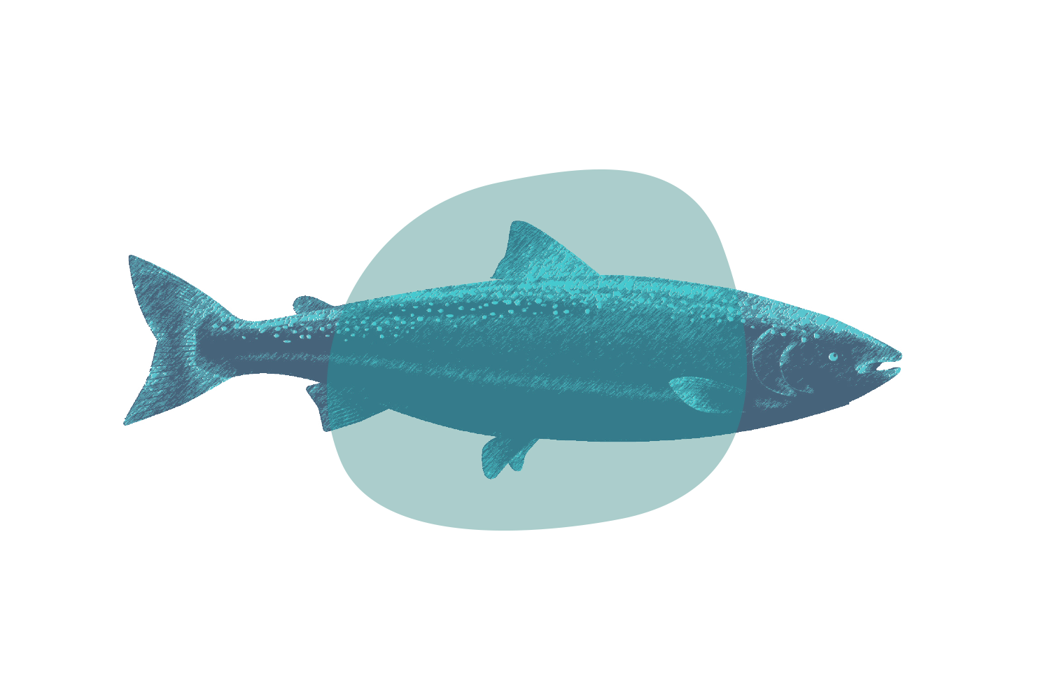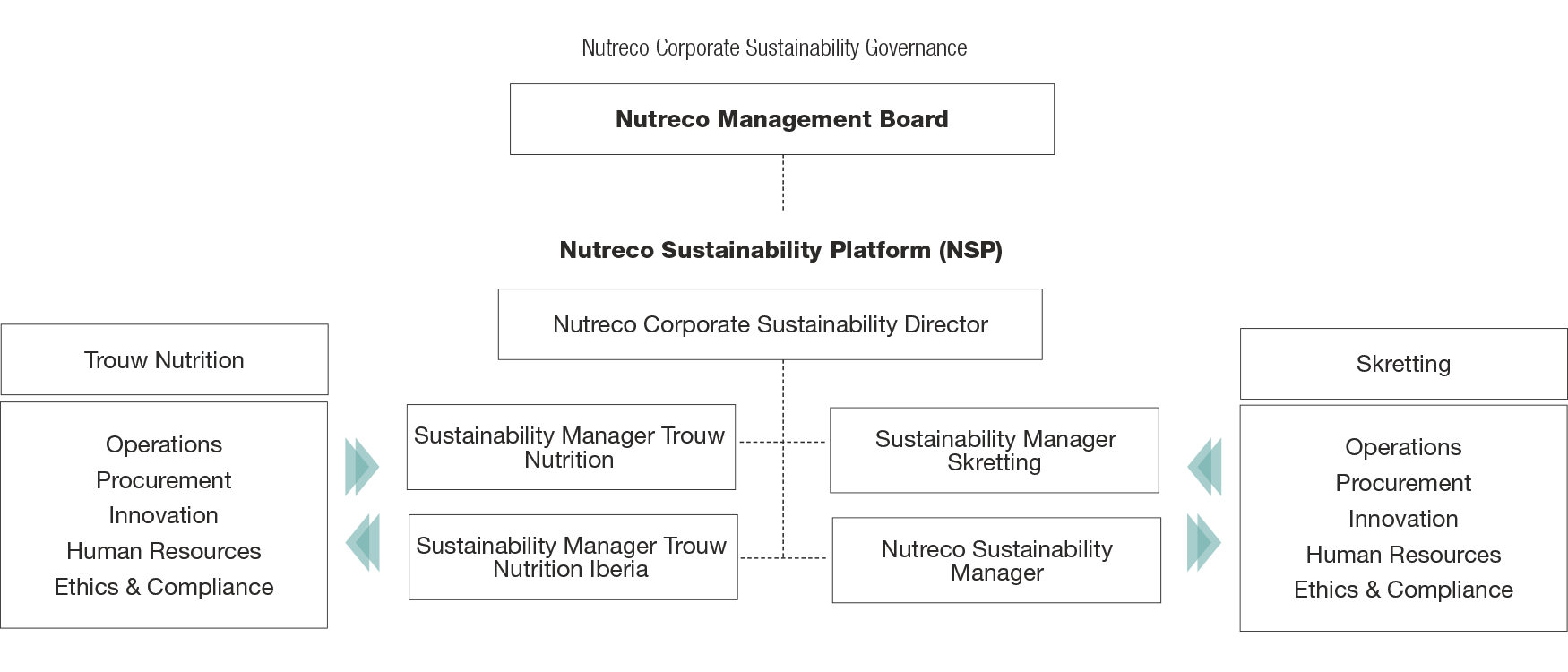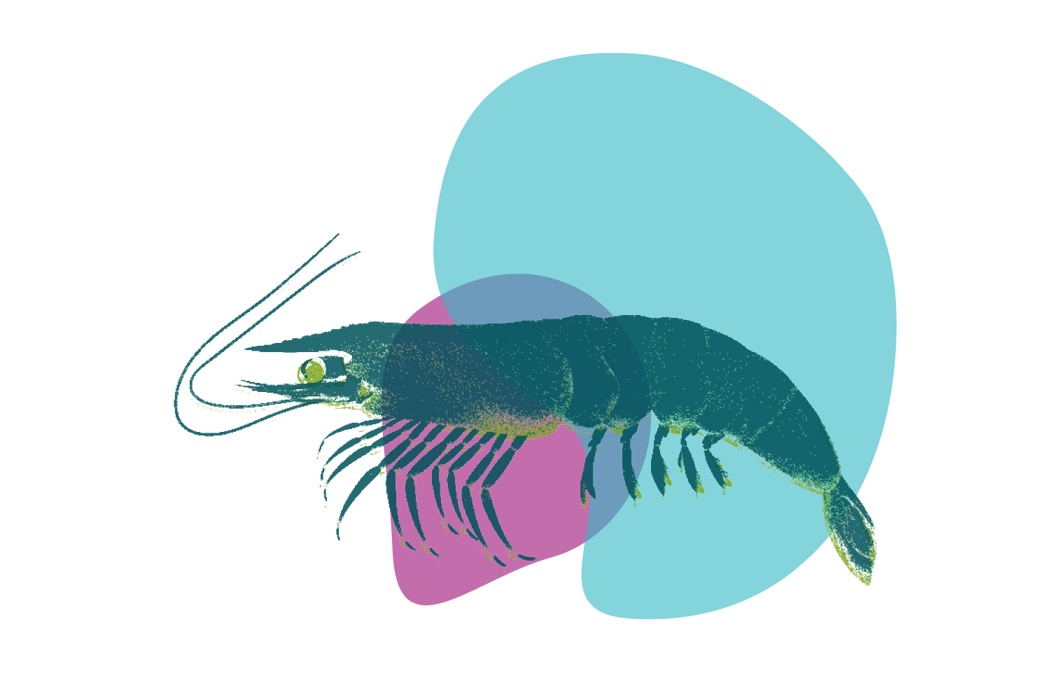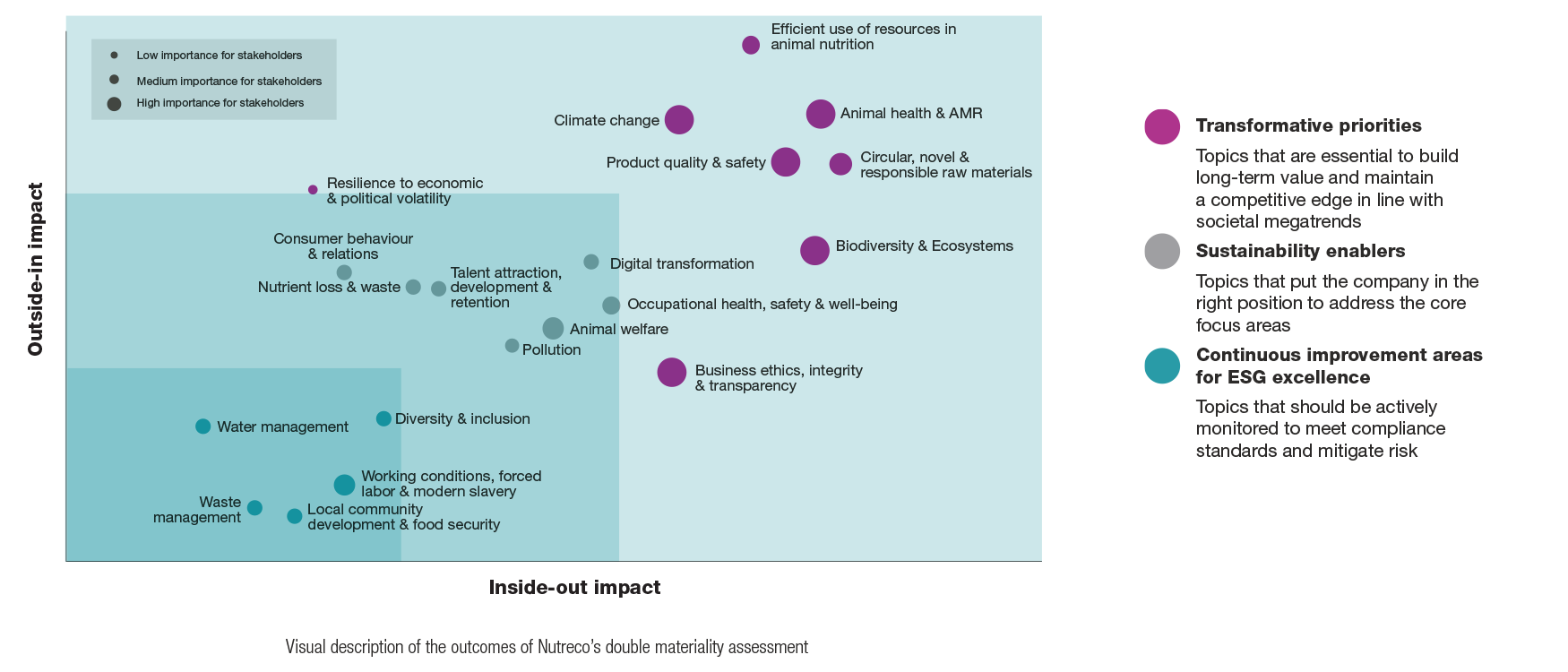
Our stakeholders
Through active conversations with several stakeholder groups, we benefit from their diverse perspectives as we explore our solutions. We identify our stakeholders as any group or individual that Nutreco and Skretting affects through our activities, products and services or who, in turn, may affect Nutreco’s ability to achieve its goals.
Using this definition, we recognise six main stakeholder groups: Employees, government, external platforms for specific sustainability topics, food retail and services, academia and NGOs.





